Your orders placed through Zomato or Swiggy could soon cost more. E-commerce platforms will have to pay 18 per cent tax as the revised rates for Goods and Services Tax (GST) come into effect from September 22.
This comes after the GST Council, in its 56th meeting last week, clarified the applicable GST rate on delivery services. If food delivery majors Zomato and Swiggy pass on this 18 per cent levy to the consumers, food delivery would become costlier.
Let’s take a close look.
18% GST on food delivery sites
The GST Council, headed by Union Finance Minister Nirmala Sitharaman, in its meeting on September 3, said that e-commerce and quick commerce platforms will have to pay 18 per cent GST on behalf of delivery workers as the new GST rates come into effect later this month.
The council said that local delivery services through electronic commerce operators would be notified under Section 9(5) of the Central GST (CGST) Act, and recommended an 18 per cent GST on such services.
The levy on food delivery service through e-commerce operators was unclear until now and a point of discord between GST authorities and food delivery majors.
The Centre’s stance is that digital platforms in sectors such as food delivery, ride hailing and e-commerce levy a service fee for delivery, thus the tax obligation is on them.
Since January 1, 2022, Zomato and Swiggy have been required to collect and remit GST on behalf of restaurants. However, the rules did not offer a clarification on the treatment of delivery fees under Section 9(5).
Food delivery platforms argued that delivery fees collected from customers are paid to unregistered gig workers and are outside the GST rules.
Now, the government has made the rules clearer.
“This amendment ensures that e-commerce companies would become liable to discharge GST on such delivery charges too,” Sudipta Bhattacharjee, Partner at law firm Khaitan & Co, told Moneycontrol.
Will food orders become expensive?
Swiggy and Zomato are expected to pass on the 18 per cent tax to consumers.
Executives at both companies indicated they plan to pass on the tax burden, as per an Economic Times report.
“This will be partly passed on to delivery workers and will likely reduce their earnings in the immediate term… but there is also a plan under consideration to charge a levy to consumers,” a senior executive at Zomato said on the condition of anonymity.
A Swiggy executive also said the company is likely to pass on the incremental tax.
Speaking to Indian Express, a senior executive at a food delivery company said they were calculating the impact on revenues due to the added tax, with intial estimates showing an annual hit of over Rs 200 crore. “We would have no other option but to pass on that hit to customers, so you can expect delivery fees going up, or even delivery partner earnings taking a hit. The cost of food could also go up,” the executive added.
Impact on online food delivery platforms
The GST reforms would make restaurants and food outlets which have their own delivery network more attractive than ordering through Zomato and Swiggy. Domino’s charges five per cent GST on its food orders, while placing an order through these food delivery majors will attract an 18 per cent levy on delivery.
“For Domino’s and other similar restaurants with their own delivery network, the tax position has not changed, whereas for Zomato, Swiggy, the tax position was not clear whether GST is applicable on delivery separately or not. Now, it is clear that GST is applicable,” an industry source told Indian Express.
To avoid paying 18 per cent GST on delivery charges for orders via Zomato and Swiggy, customers could be pushed to order directly.
“The GST may affect working capital, as platforms could have bought services or inventory at higher input costs and may now need to sell at lower effective costs. If the tax cannot be fully recovered from customers, it could push up delivery charges,” an executive at a large grocery delivery platform told Moneycontrol.
According to brokerage Jefferies, the 18 per cent GST on local delivery services “would be a slight negative for Eternal and Swiggy”. Eternal is the company that owns Zomato.
“We think this is relevant for food delivery or quick commerce operators. Currently, GST was not being paid on the delivery fee charged to consumers by platforms. With this change, platforms will now have to pay GST of 18 per cent on the delivery fee, whether they treat it as part of revenues or as pass-through,” Morgan Stanley said in a note.
It noted that these online platforms charge a delivery fee of Rs 11-12, which can now jump up to about Rs 14.5 per order.
“This decision does not extend to platforms like Amazon, Flipkart, or Blinkit, where delivery is ancillary to goods supply rather than a stand-alone service,” Ankit Jain, Partner, Ved Jain and Associates, told Moneycontrol.
With inputs from agencies


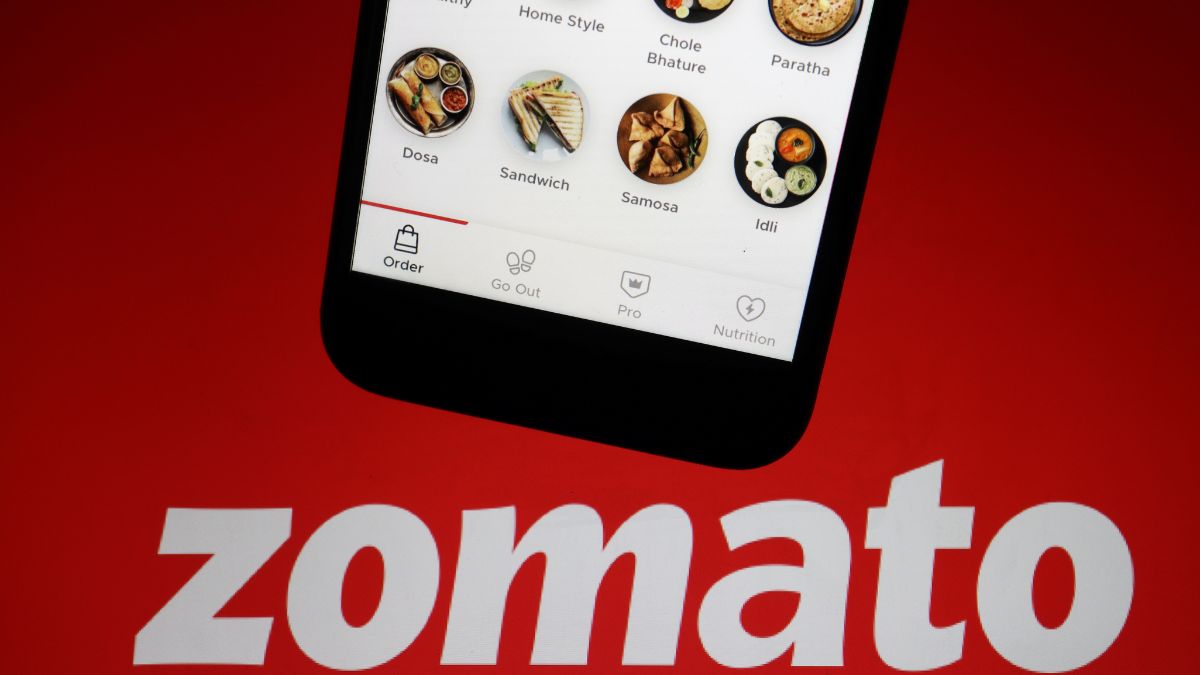)

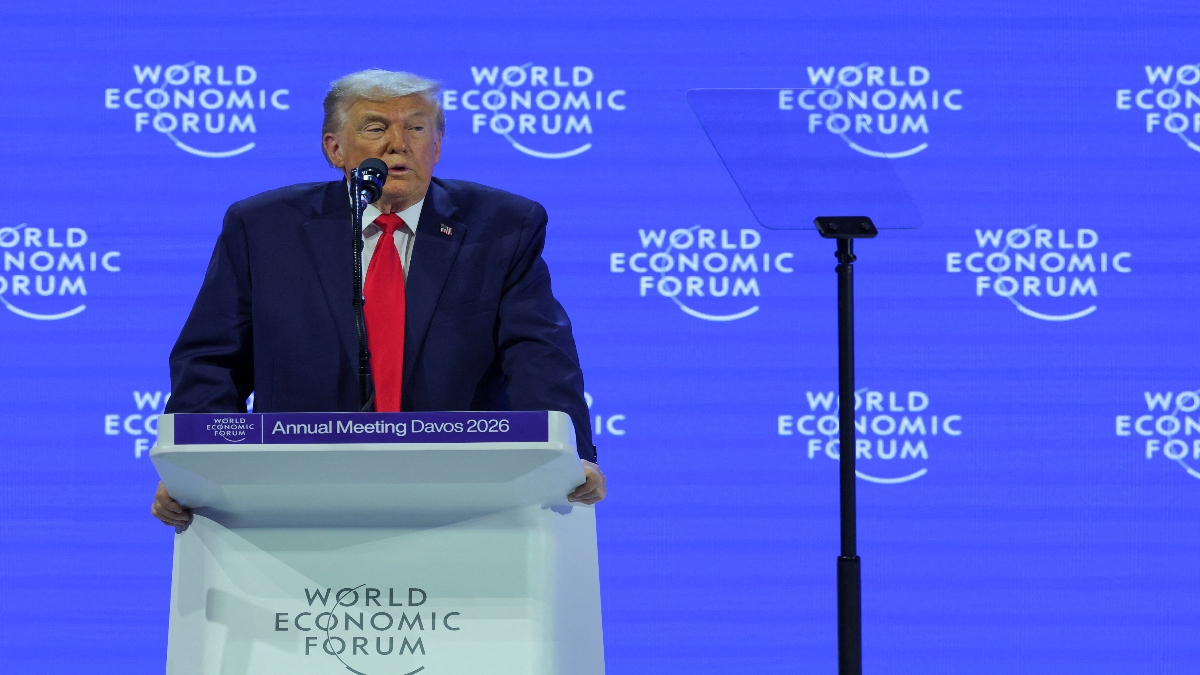)
)
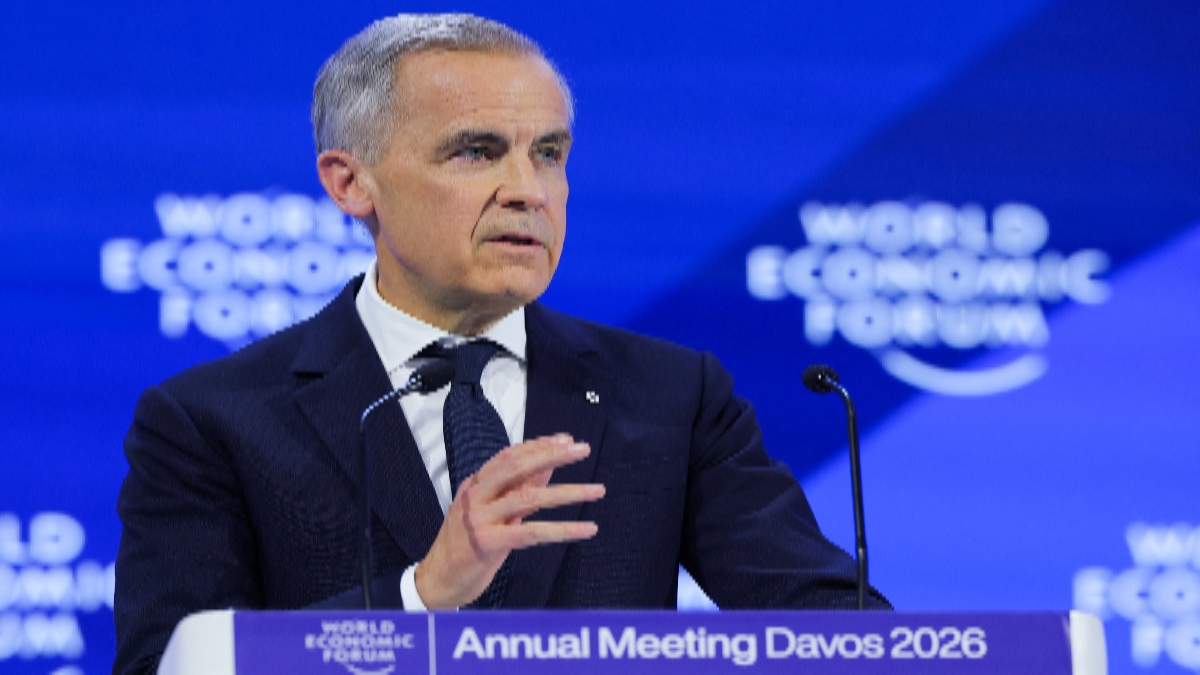)
)
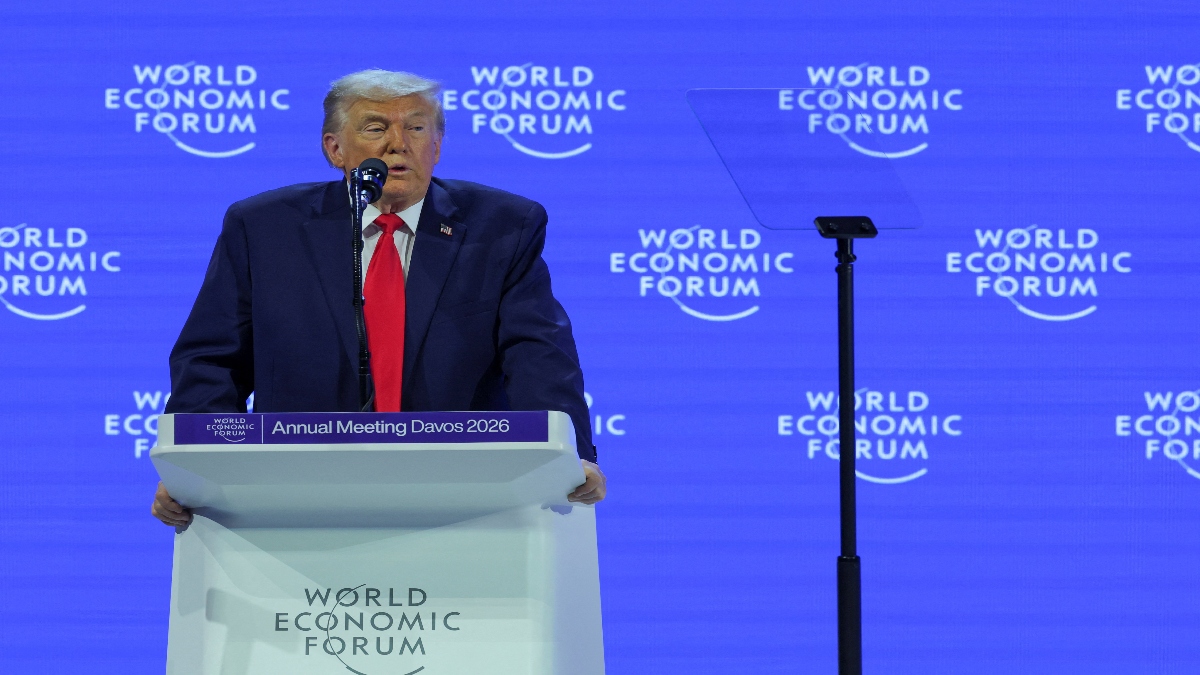)
)
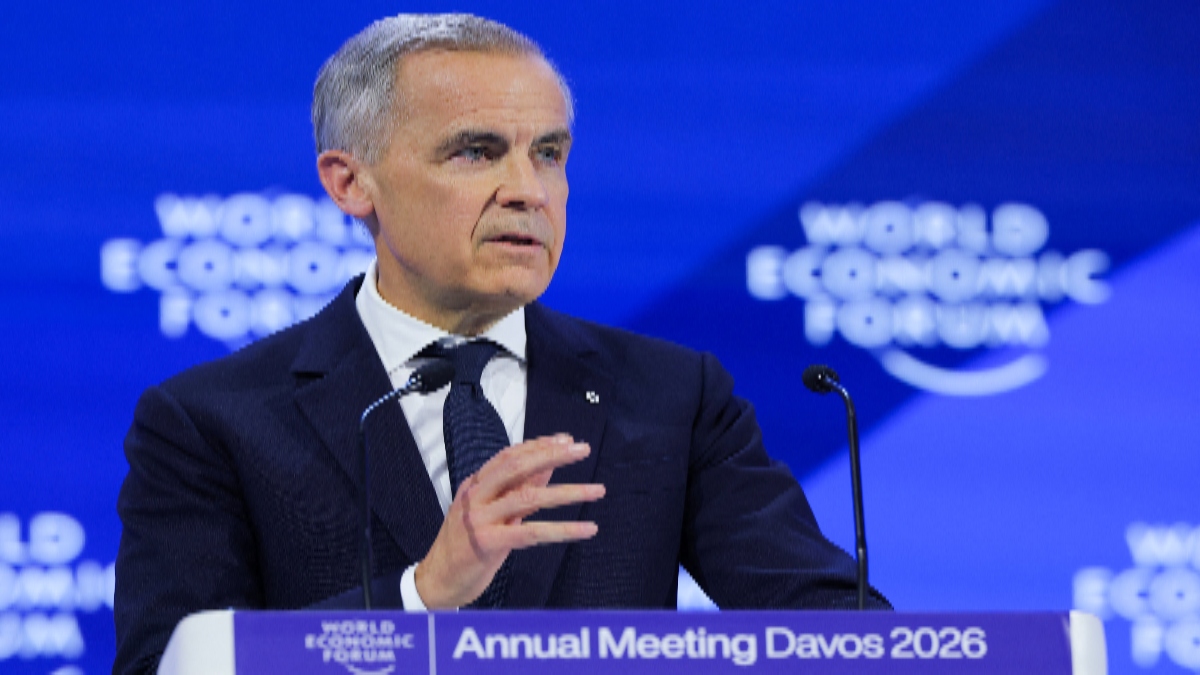)
)



